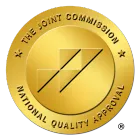.jpg)
Substance Use Treatment Plans
Substance use treatment plans serve as essential guides for individuals seeking recovery from addiction. These plans outline the strategies and resources necessary to support the individual throughout their recovery journey.
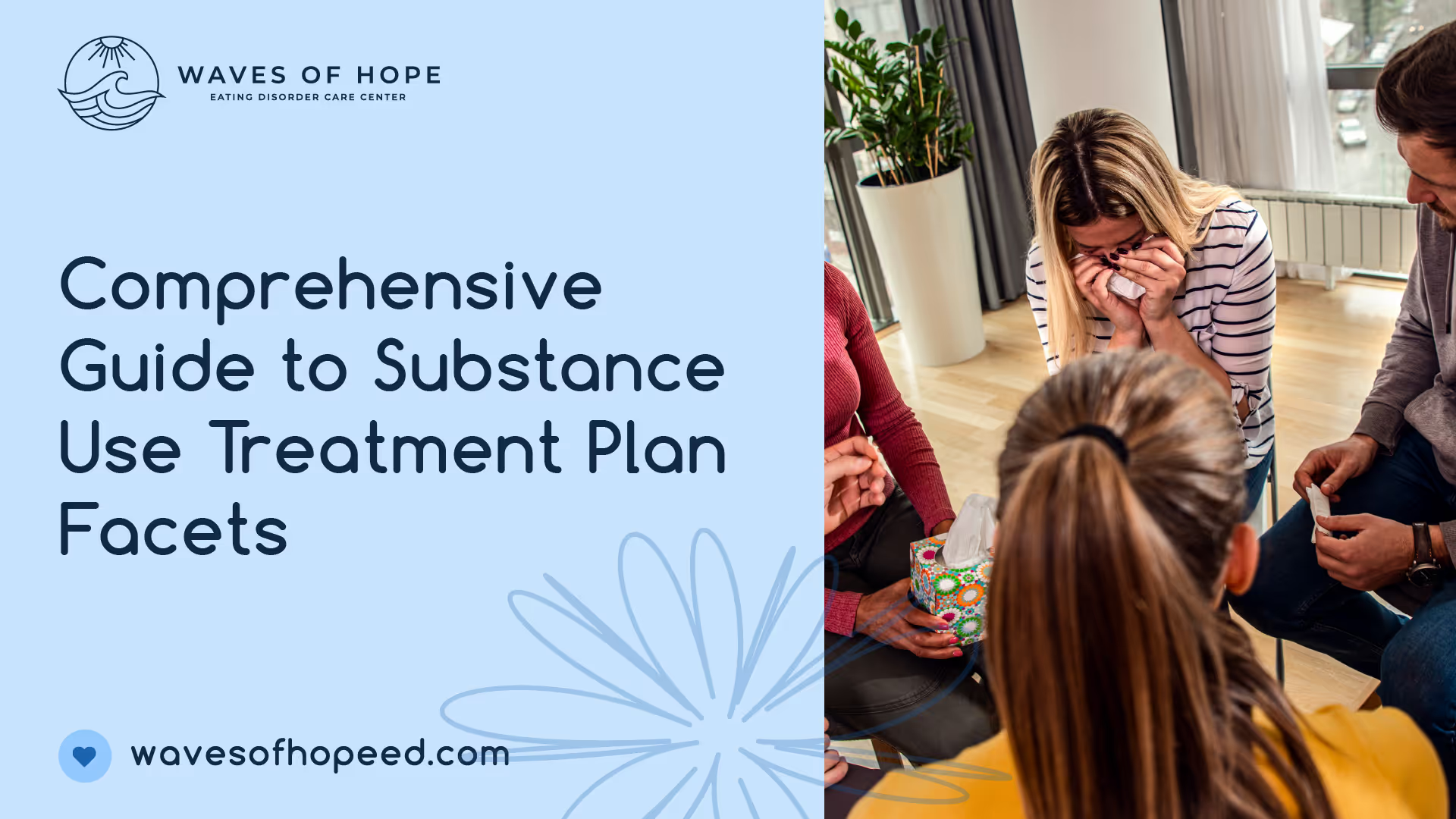
Importance of a Comprehensive Treatment Plan
A comprehensive treatment plan is crucial for several reasons. It provides a structured approach to addressing the complexities of substance use disorders. The plan helps to ensure that all aspects of an individual's needs are considered, including medical, psychological, and social factors. By having a well-rounded strategy, individuals are more likely to achieve lasting recovery.
Overview of Different Facets in a Treatment Plan
A comprehensive treatment plan consists of various facets that work together to support recovery. These facets include medical detoxification, behavioral therapies, medication-assisted treatment, counseling and support groups, and aftercare planning. Each facet plays a vital role in addressing the multifaceted nature of substance use disorders.
These facets collectively create a robust framework for individuals seeking to overcome substance use disorders, emphasizing the importance of a tailored and comprehensive approach.
Medical Detoxification
Medical detoxification is a critical first step in the recovery process for individuals struggling with substance use. This phase involves the safe and supervised withdrawal from substances while managing withdrawal symptoms.
Purpose of Medical Detox
The primary purpose of medical detox is to help individuals safely transition off substances while minimizing potential health risks. It addresses both physical dependence and withdrawal symptoms, providing a foundation for further treatment.
Process of Medical Detox
The process of medical detox typically involves several key steps, each designed to ensure a safe and effective withdrawal experience.
Medical detoxification plays an essential role in the substance use treatment plan facets, setting the stage for long-term recovery and healthier coping mechanisms.
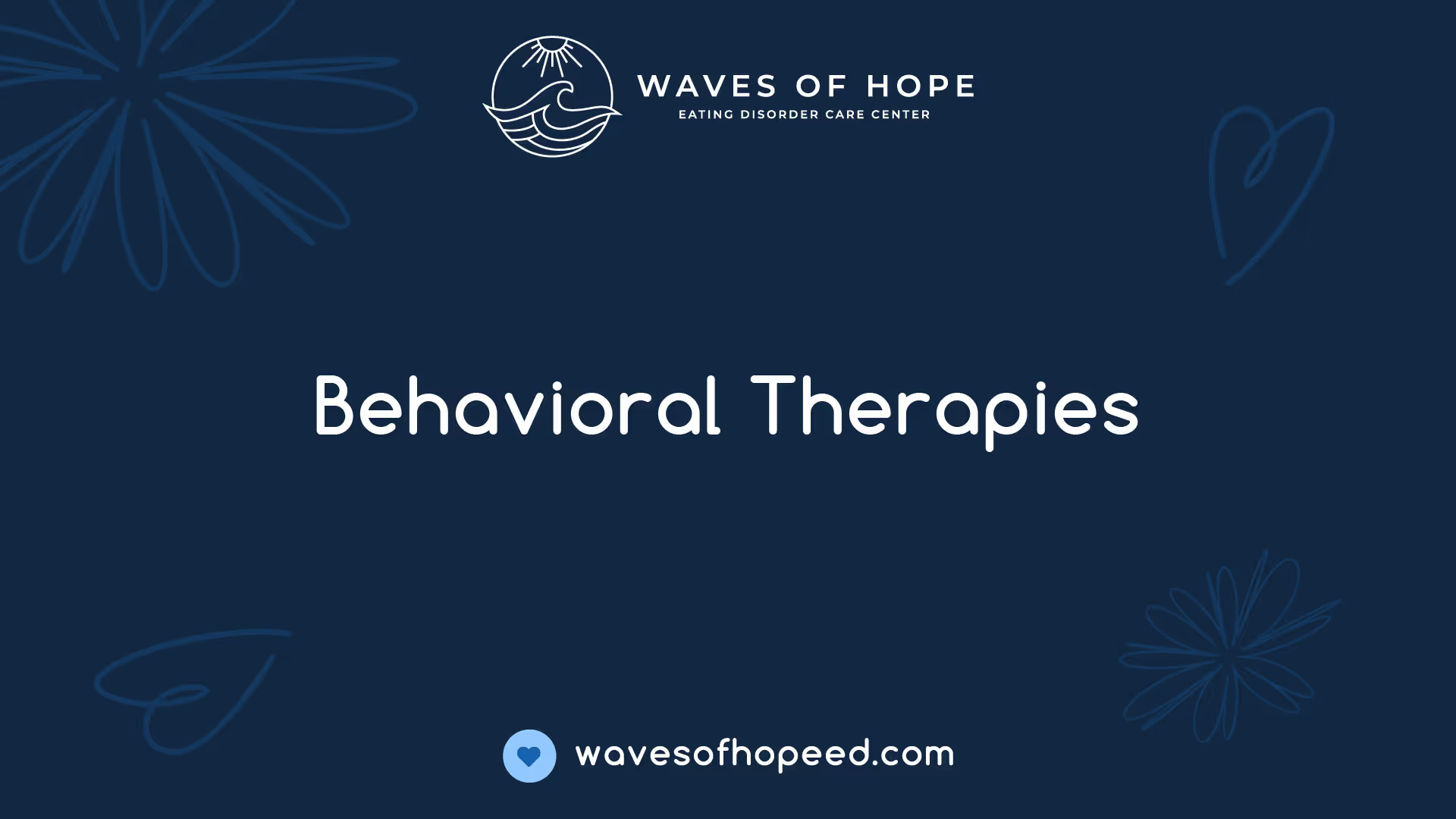
Behavioral Therapies
Behavioral therapies are an integral part of substance use treatment plans. They focus on modifying harmful behaviors and encouraging healthier habits. These therapies can be tailored to meet the specific needs of individuals and are often combined with other treatment modalities.
Types of Behavioral Therapies
There are several types of behavioral therapies utilized in substance use treatment. Each type has its own methods and goals, contributing uniquely to the recovery process.
Role of Behavioral Therapies in Treatment
Behavioral therapies play a crucial role in the recovery process for individuals struggling with substance use. They help individuals understand the root causes of their addiction and develop coping strategies to maintain sobriety.
The following table outlines the key roles that behavioral therapies serve in treatment:
Behavioral therapies are essential facets of substance use treatment plans, providing individuals with the tools and support necessary for successful recovery.
Medication-Assisted Treatment (MAT)
What is MAT?
Medication-Assisted Treatment (MAT) is an effective approach used in the recovery process for individuals dealing with substance use disorders. It combines the use of medications with counseling and behavioral therapies to provide a holistic treatment plan. MAT aims to alleviate withdrawal symptoms, reduce cravings, and help individuals maintain abstinence from substance use. This multifaceted approach recognizes that addiction is a complex condition that affects both the brain and behavior.
MAT is often utilized for treating opioid addiction, but it can also be effective for other substance use disorders. The integration of medication into the treatment plan supports individuals in their recovery journey by addressing the physiological aspects of addiction.
Medications Used in MAT
Several medications are commonly used in MAT to support individuals in their recovery from substance use disorders. Each medication serves a specific purpose and can be tailored to meet the unique needs of the individual.
The choice of medication in a substance use treatment plan will depend on various factors, including the type of substance used, the severity of the addiction, and the individual's medical history. Each medication is administered under professional supervision to ensure safety and effectiveness.
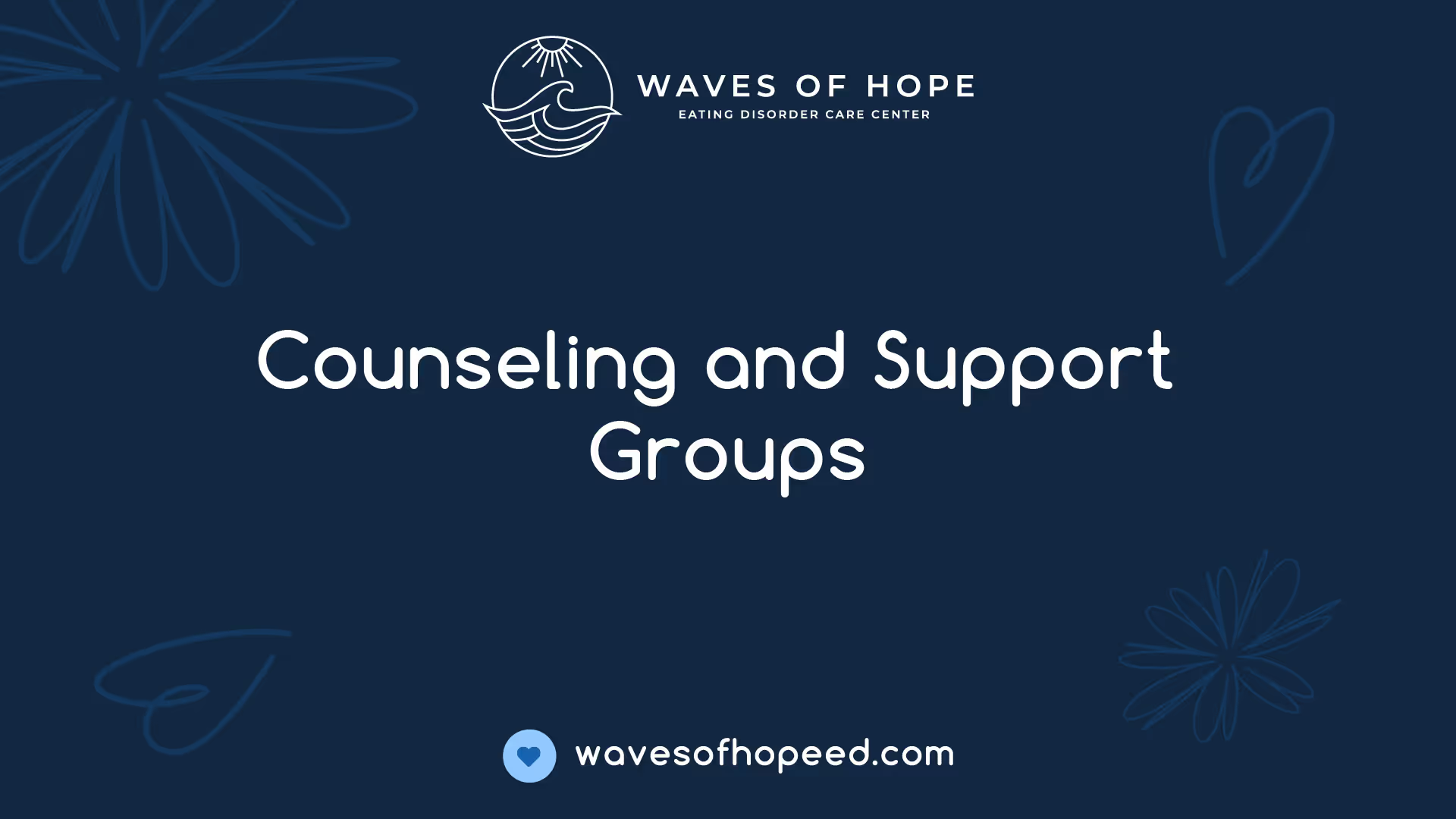
Counseling and Support Groups
Counseling and support groups play a crucial role in substance use treatment plans. They provide individuals with essential tools and a supportive environment to aid in recovery. This section explores two main components: individual counseling and group therapy.
Individual Counseling
Individual counseling offers personalized support for those in recovery. This one-on-one setting allows individuals to work closely with a trained therapist to address their specific issues and develop coping strategies. The primary goals are to identify triggers, explore underlying issues, and promote healthier behaviors.
Group Therapy and Support Groups
Group therapy and support groups provide a communal environment for individuals in recovery. These settings allow participants to share experiences, offer support, and learn from one another. Group dynamics can foster a sense of belonging and reduce feelings of isolation.
Both individual counseling and group therapy are vital facets of a comprehensive substance use treatment plan. They help individuals to address their unique challenges and foster connections with others who share similar experiences.
Aftercare Planning
Aftercare is a crucial element in the recovery journey from substance use. It provides ongoing support and resources for individuals as they transition from structured treatment back to everyday life. A comprehensive aftercare plan can significantly reduce the risk of relapse and promote sustained recovery.
Importance of Aftercare
Aftercare serves several important functions in the recovery process. It helps individuals maintain the skills learned during treatment, provides a network of support, and addresses potential challenges that may arise after leaving a treatment facility.
Components of a Strong Aftercare Plan
A robust aftercare plan should encompass various elements tailored to meet the unique needs of the individual. These components work together to provide comprehensive support and resources.
By incorporating these components, individuals can create a strong aftercare plan that supports their long-term recovery goals.
Sources
https://www.legendsrecovery.com/substance-abuse-treatment-plan-facets
https://www.newhorizonscentersoh.org/substance-abuse-treatment-plan-facets
https://www.clearstepsrecovery.com/addiction-recovery/substance-abuse-treatment-plan-facets



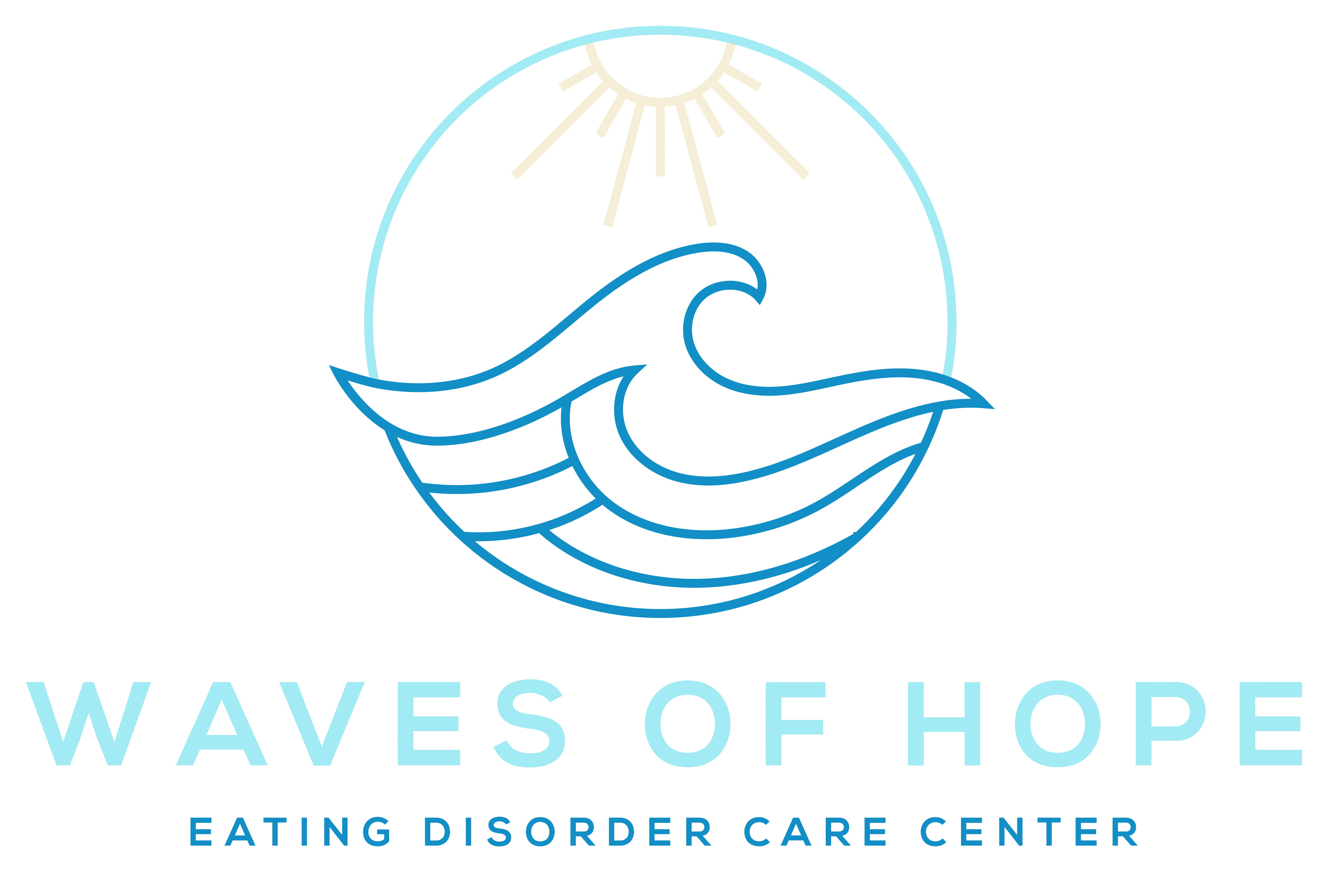
.svg)















































.jpg)
.jpg)
.jpg)
.jpg)
.jpg)
.jpg)
.jpg)
.jpg)
.jpg)
.jpg)
.jpg)
.jpg)
.jpg)
.jpg)
.jpg)
.jpg)
.jpg)
.jpg)
.jpg)
.jpg)
.jpg)
.jpg)
.jpg)
.jpg)
.avif)
.avif)

.avif)
.avif)
.avif)
.avif)
.avif)
.avif)
.avif)
.avif)
.avif)
.avif)
.avif)
.avif)
.avif)
.avif)
.avif)
.avif)
.jpg)
.avif)
.avif)
.avif)
.avif)
.avif)

.avif)

.avif)
.avif)
